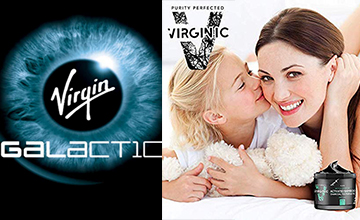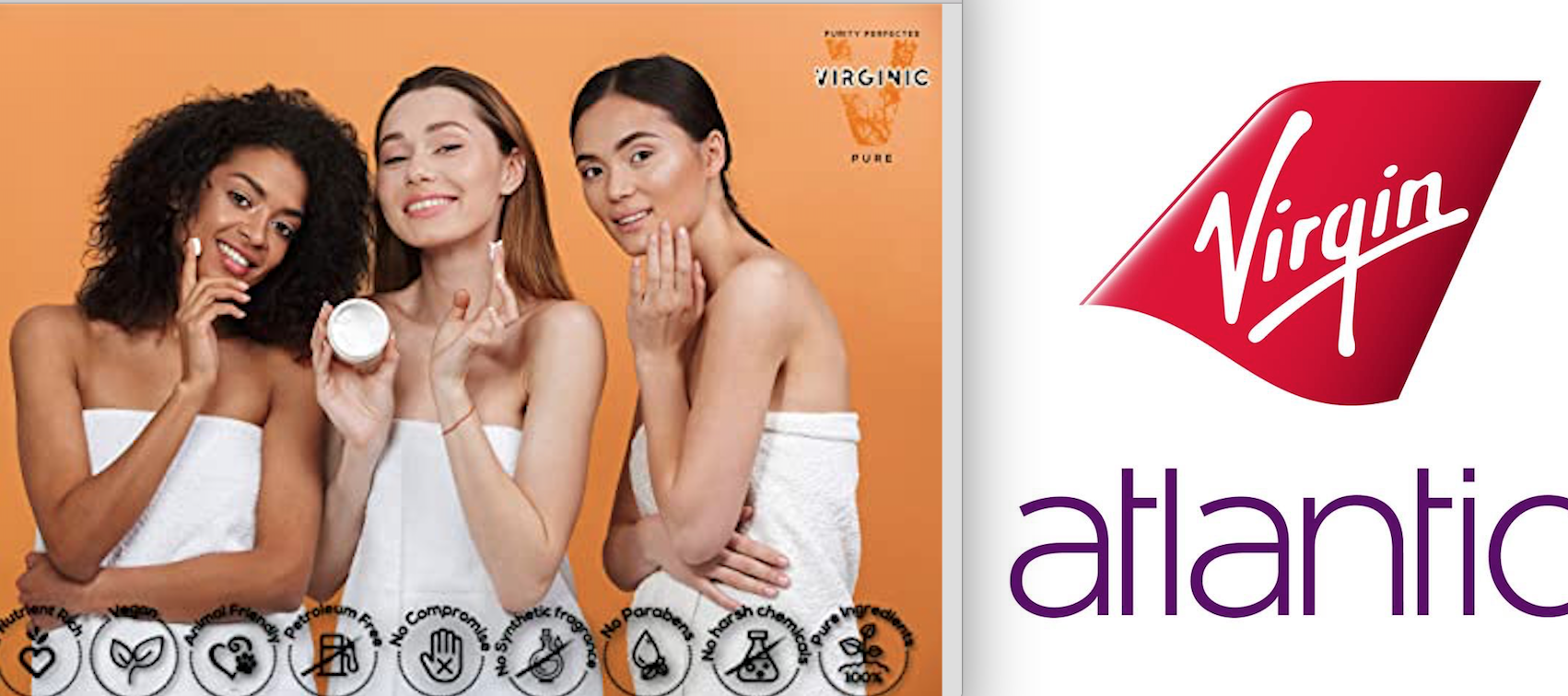New York, NY, 2020-Apr-23 — /EPR LAW NEWS/ — One of the greatest challenges currently facing the business world is the relentless pursuit of ownership of brand names, logos, typefaces, slogans and even colors! The judiciary are constantly inundated with cases regarding the alleged illegal or improper use of any, or any combination, of these.
But how much of this is a waste of the court’s time? How often is a case being brought simply because an in-house legal beagle needs to justify their salary? How many cases are brought that should simply, in any real world of common sense, never make it out of the split second of foolishness of that very thought’s creator?
Now, the idea that somebody really believed it necessary to protect their idea/investment/invention by receiving confirmation that it was indeed theirs, does, of course, make some sense. Invent the perfect diet in the form of a single daily dose tablet and you should be able to protect that invention and make as much money as the marketplace deems it to be worth until somebody comes up with a way of simply breathing in the perfect diet, and your invention becomes worthless.

And there is, in and of itself, the answer to many of our questions, whether or not we really knew that we had them. Money. Without this fiendish instrument of perceived wealth, where would we be? Would anybody, anywhere ever need to know who invented something of great use to the general populous? Would anybody give you the pats on the back and the “attaboys†that your genius deserved? Well, maybe, and, more likely the case, maybe not.
But would you care? I mean, let’s be honest, if you honestly did all this just for the kudos, you wouldn’t have needed the patent application form in the first place, right? You did it for the money, as is your absolute right to do, and you are simply protecting your investment and the value that your invention has.
Trademarks are, however, a whole different ball game. Take the example of Odysseas Papadimitriou’s company trademark application for his WalletHub brand, a brand that offered a website able to compare various offers such as insurance, loans, mortgages etc. The trademark application for his logo, a white “W†set in a green square, was disputed by, of all things, Major League Baseball! The claim was that the MLB had not one but TWO similar logos that would be infringed upon were the application allowed. One of these is a logo that has not been used in baseball since 1960, the year that the Washington Nationals became the Minnesota Twins whilst the other is a flag that the Chicago Cubs fly in their stadium if they win!
How are either of these “uses†threatened in any way, financial or otherwise, by a website that offers financial documentation organization services? Are WalletHub suddenly getting calls from angry customers, unable to get seats for the game? Are the MLB getting calls asking for financial advice?
And that, ladies and gentlemen, is the key to this whole mess…IS THE CONSUMER CONFUSED ABOUT WHO OR WHAT THEY ARE ENGAGING WITH FOR GOODS OR SERVICES? That is the acid test. That is the reason the law uses to justify its very existence. That is the fly in the inhouse legal beagle’s ointment…Can they PROVE that this brand confusion would exist?
A perfect example of this is the case of Virgin Group PLC v VIRGINIC LLC (you already see where this is going, right?!). VIRGINIC is a young start-up specializing in all-natural, organic beauty products. Not trains. Not planes. Not telephones.

In fact, not any product that is even similar to anything that the Virgin group does or even has ever produced. Clearly there can be no confusion here. But what’s that, I hear you cry? The name is similar? Surely name similarity is not enough. For example, Ford once manufactured a car called the Capri. Now we have the Capri Sun brand all over the world. Is there an issue? Are people buying juice boxes worried that they are made in a car factory? Of course they are not. That would be silly, wouldn’t it?!
VIRGINIC was dismissed by a judge in the UK at the THIRD time of asking, having already beaten Virgin’s trademark infringement case on two previous occasions.The virtue of the freedom of speech that we protect so rigorously, is not an objective virtue any more in the common legal sense, apparently.
For as long as there exists a particular judge able to be swayed by vague and ridiculous arguments, such as those employed by the Virgin lawyers, on a particular day, in a particular place, we will carry on down this absurd legal rabbithole, wasting both the time and money of the taxpayer and of both businesses in question, meanwhile doing nothing for the consumer other than limit their access to the products that they may actually wish to purchase.
And are those not the people that these very laws were enacted to protect in the first place?
Trademark case numbers (UK00003283156)
Via EPR Network
More Law press releases






